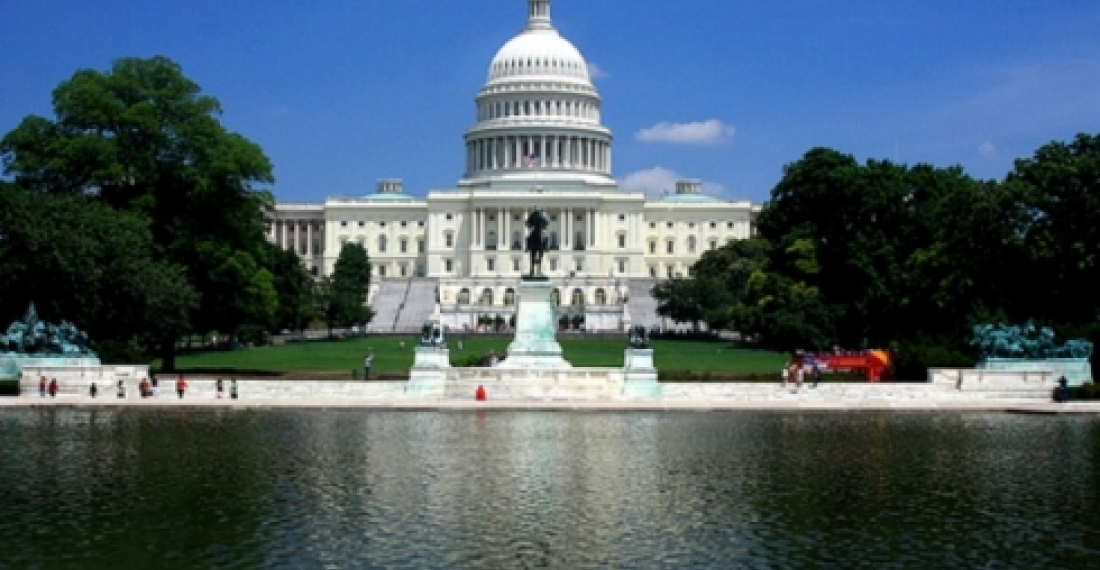President Barak Obama has nominated Richard L. Morningstar as the new United States Ambassador to Azerbaijan in an effort to try to close a battle between the administration and congress on American representation in Baku. For much of the time of the Obama administration there has not been a United States Ambassador in Azerbaijan, and whatever American officials say in trying to put a brave face on the situation most observors consider this a failure of the American political system.
Richard L. Morningstar has been serving for the last years as US Secretary of State’s Special Envoy for Eurasian Energy, and in that capacity has already had contacts with Azerbaijan and has visited the country on numerous ocassions. His nomination is not likely to be controversial.
Many of the problems connected with the US diplomatic representation in Azerbaijan are the result of efforts of US congressmen reacting to feelings amongst voters of Armenian origin in their constituencies.
The first choice of the Obama administration for Ambassador in Baku was Mathew Bryza, former Assistant Secretary of State during the Bush administration, and also former co-Chair of the OSCE Minsk Process. Armenian diaspora groups were unhappy with his nomination from the start and accused Bryza of being "too pro-Azerbaijani", also citing the fact that he had a Turkish wife. The Whitehouse persisted with its choice, and at the end of 2010 it used a provision in the rules of appointment of American envoys to appoint Bryza by Presidential order at a time when Congress was in recess. Under this provision an envoy can serve for one year during which time the Congress will consider his nomination or the envoy will be withdrawn. Since the congress did not confirm Bryza's nomination he was recalled at the end of 2011.
Many considered Bryza an able and charismatic diplomat who had a good rapport with the Azerbaijani leadership and who was well placed to engage with the Azerbaijani government on sensitive issues such as the Karabakh conflict and human rights in a positive way, and that the efforts to block his nomination were counter productive.
This situation has baffled not only the Azerbaijani government, but also most of the international community which expected to have a stable American diplomatic presence in Baku during the time when the country is becoming increasingly important in regional and international issues, and also at a challenging time for the country's internal political development.
Commonspace.eu political editor said in a comment: This is a classic case where diplomacy and democracy have collided. The American system of checks and balances gives the US Congress rights on the appointment of US Ambassadors. Electoral considerations have caused US Congressman to intervene in an area of foreign policy in a somewhat controversial way, but the administration had no choice but to bow its head to their views. It is now hoped that Congress will move fast with the appointment of Morningstar so that there will be a stable American diplomatic presence in Baku as soon as possible.
source: commonspace.eu
photo: A general view of the building of the US Congress in Washington DC (archive picture)







